- Optimistic Anthropology
- Posts
- The Optimistic Anthropologist Volume 25
The Optimistic Anthropologist Volume 25
Mr. Rogers and the Butterfly Effect
NOVEMBER - DECEMBER 2019 | VOLUME 25
Dear ,
Over the weekend, my mom and I went to see
, the fictionalized movie adaptation of journalist
.
The film is well worth seeing. And particularly for its message about shaping positive social change such as
the need to express emotions – both positive and negative
; how
doing good is a practice and requires rituals
; that
starting small is a path to change the whole
; and how
creativity and authentic communication are powerful ways to reach people and catalyze change.
Mr. Rogers also believed that children have the capacity to understand complex and difficult things about the world. This belief was reinforced for me last month when I had the opportunity to be an adult ally in support of youth leaders from the San Francisco Bay Area seeking to end migrant child detention at the U.S. Border.

The youth who came to DC are the leaders of the
, a movement to amplify the voices of migrant children in detention at the U.S. Border by creating a butterfly to represent each child.
. In November, 40 members of the movement and more than 15,000 butterflies came to Capitol Hill to advocate for change. While in DC,
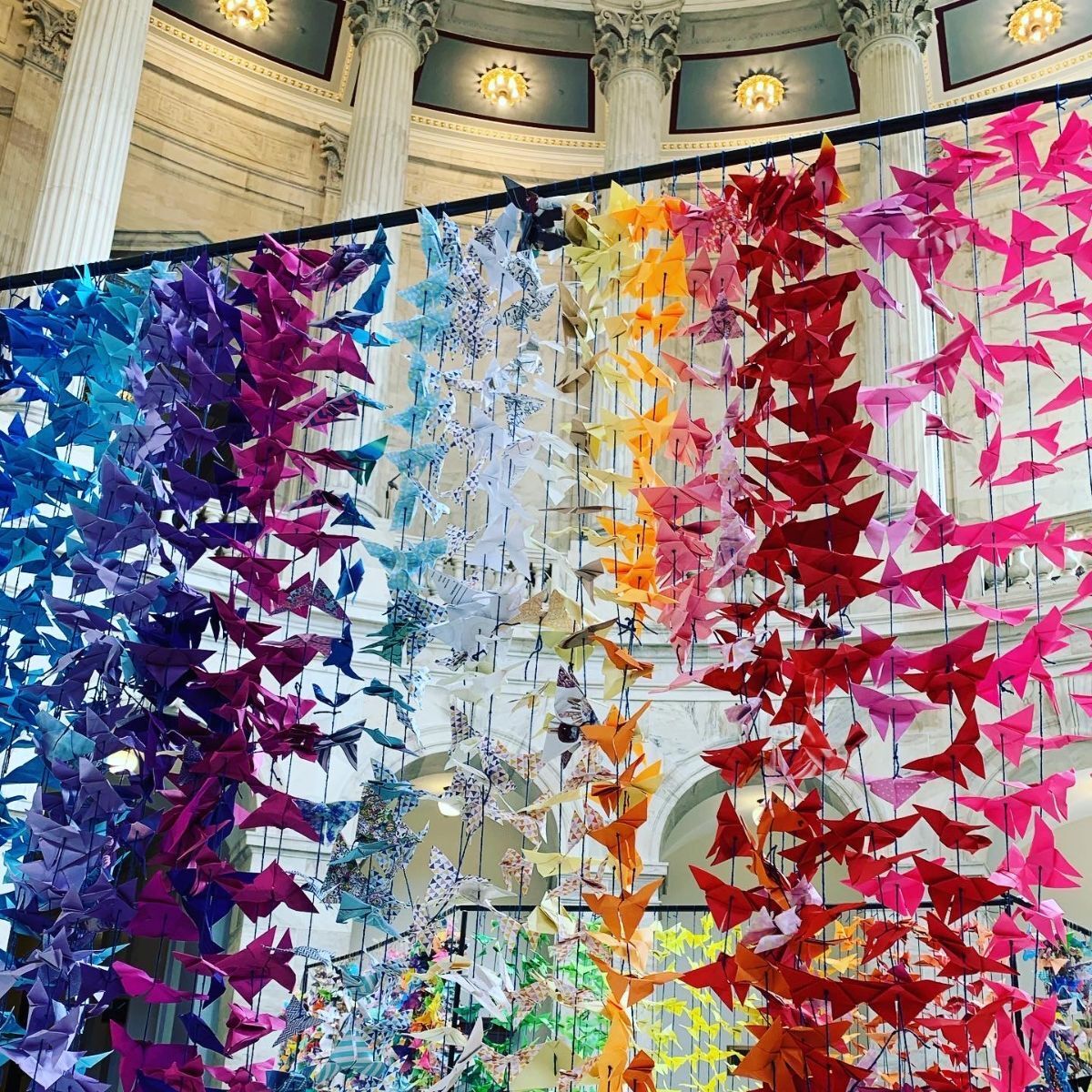
the youth activists (along with adult allies) educated visitors about the display and their mission, held a press conference about ending the detention of migrant children with the Congressional Hispanic Caucus, and
Like Mr. Rogers’ belief in starting with each individual child to change
the whole, part of the theory of the Butterfly Effect – like the phenomena from which it borrows its name -- is that small actions can lead to big changes.
For many people I talk to – those who consider their work to be social problem-solving and those who do not -- the world often seems so complex and so filled with problems, they don’t know what to do or where to start to make change. And often, we can’t know in advance.
So l
et's
heed the advice of Mr. Rogers and the Butterfly Effect's youth leaders and just start small.
.
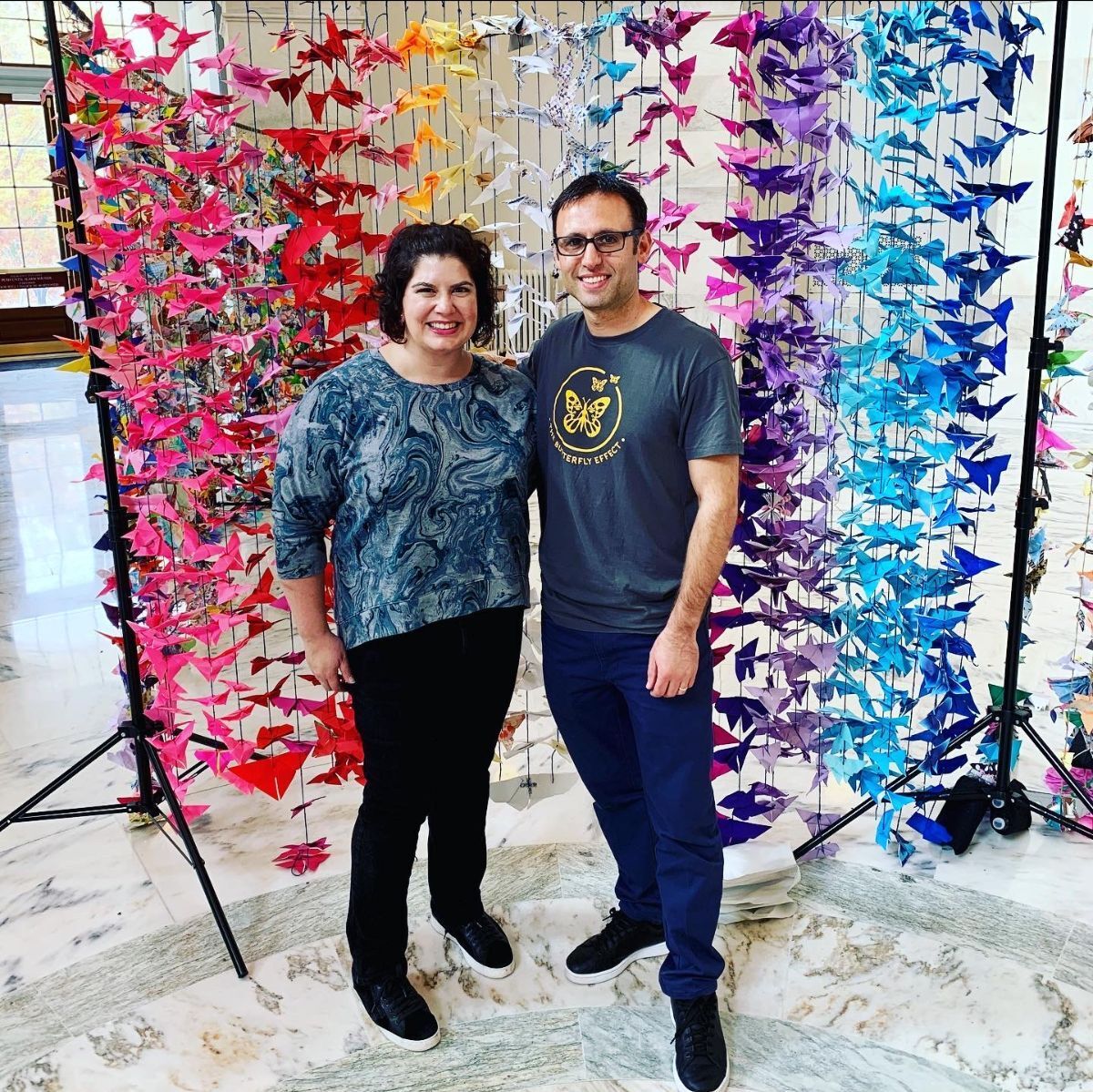
Be well and do good,Alison
P.S. Thanks to the Marbin family for inviting me into The Butterfly Effect movement! Kaia, age 11, is one of the catalysts and leaders. I am pictured with her dad, Seth, who organized adult allies in DC. Her mom Jyothi coordinated logistics and advocacy efforts, and brother Jahan runs social media!
LATEST

Optimistic Anthropology has the capacity to take on new projects and clients in 2020! If you are part of a team, organization, or cross-sector collaboration which is trying to solve complex social problems, committed to racial equity,
and is passionate about about your mission, we would love to help you with:
conducting qualitative research;
building your team's emergent learning and strategy capacity;
developing a theory of change or evaluation strategy; and/or
shaping cross-sector collaborations and/or community engagement efforts.
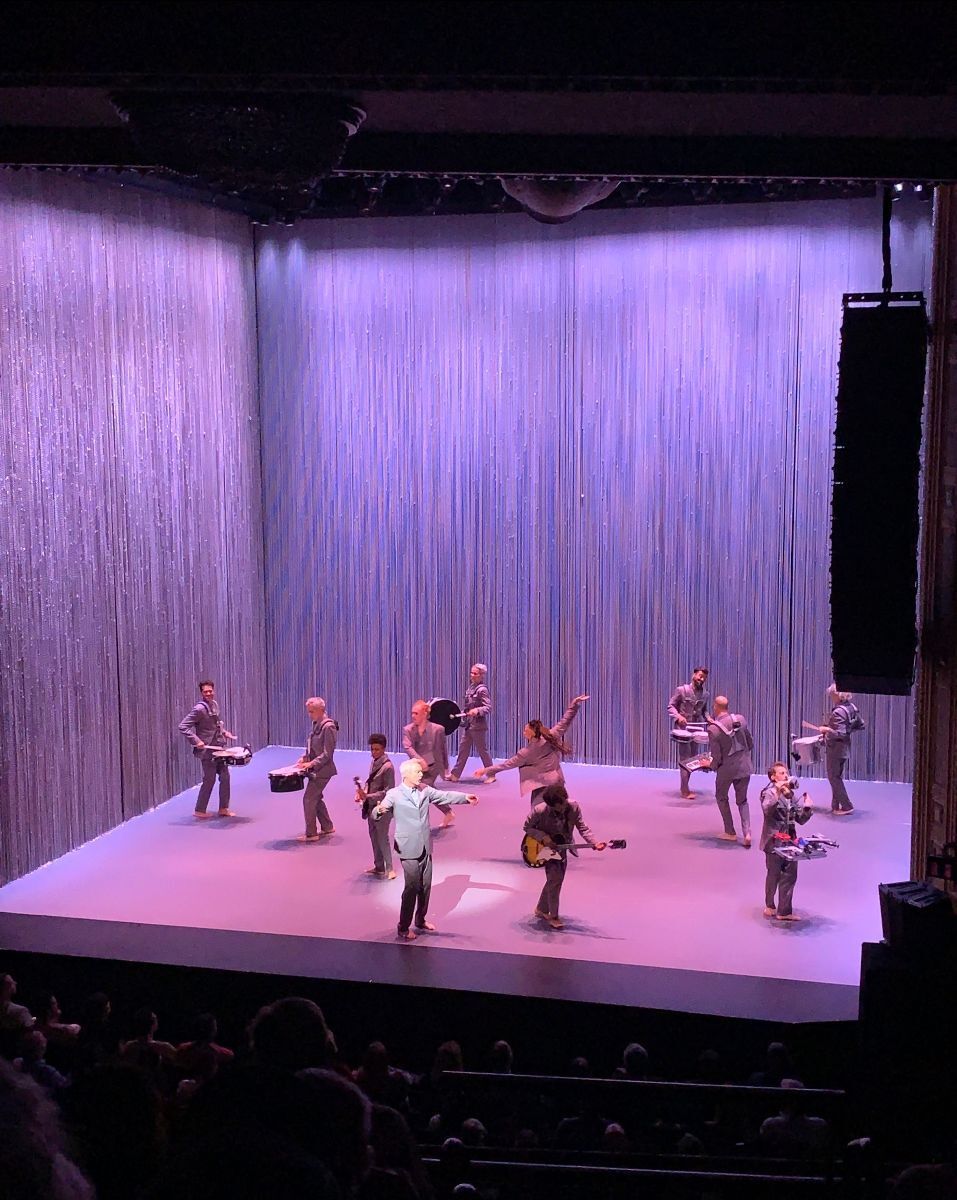
Our monthly (or in this case bi-monthly) round-up of job, consulting, and fully-funded fellowship and accelerator opportunities that people connected to Optimistic Anthropology are recruiting for.

Our Chief Optimistic Anthropologist, Alison Gold, was featured on the latest episode of the Compass Podcast. Host Kathryn Hunter asked her about her background, OA's work and ethos, and her approach to running a location independent business.
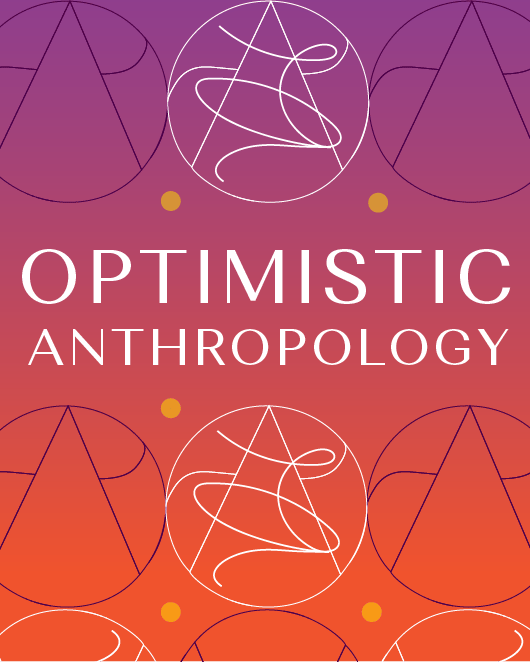
POPULAR LAST MONTH

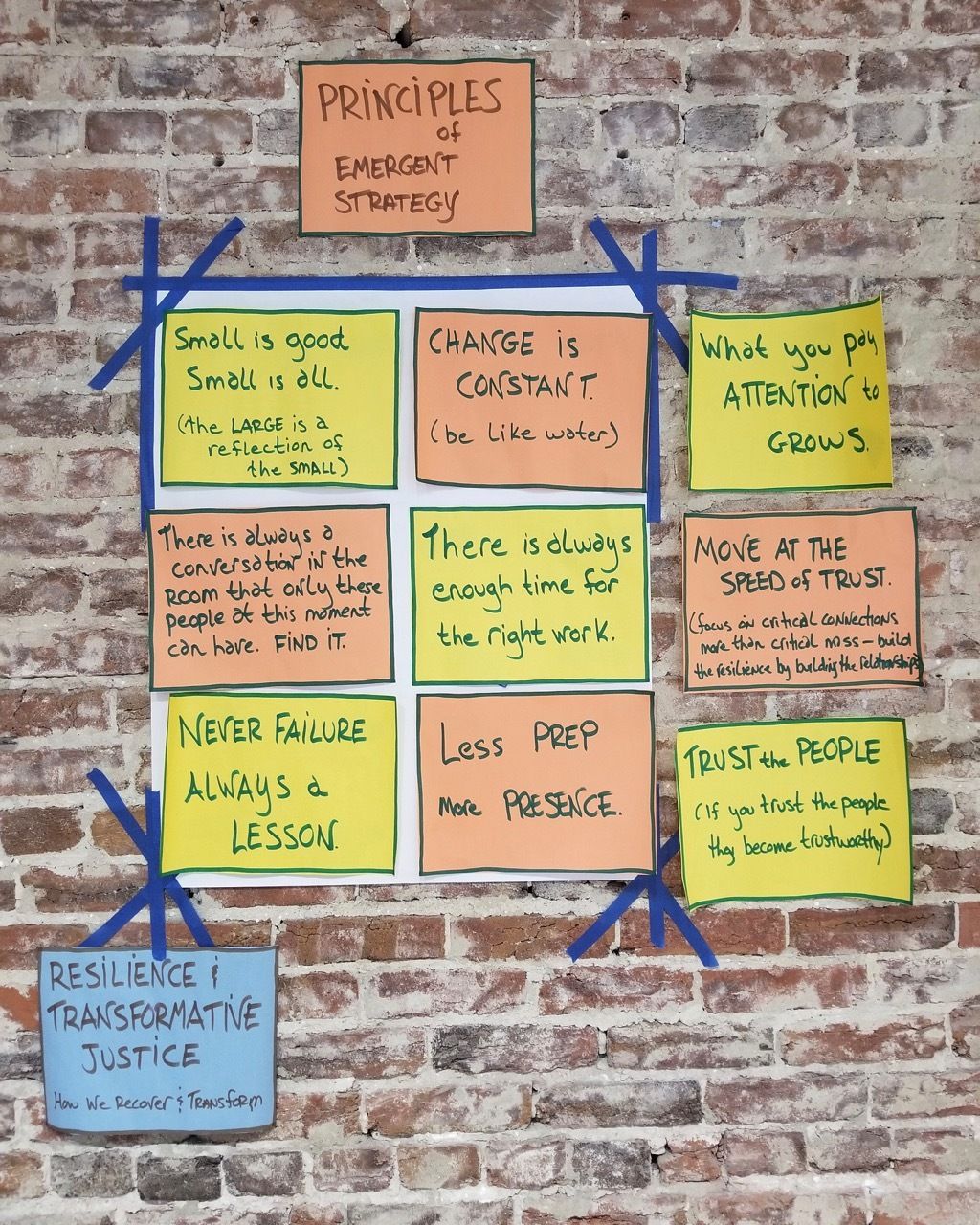
Connect with Optimistic Anthropology






Reply